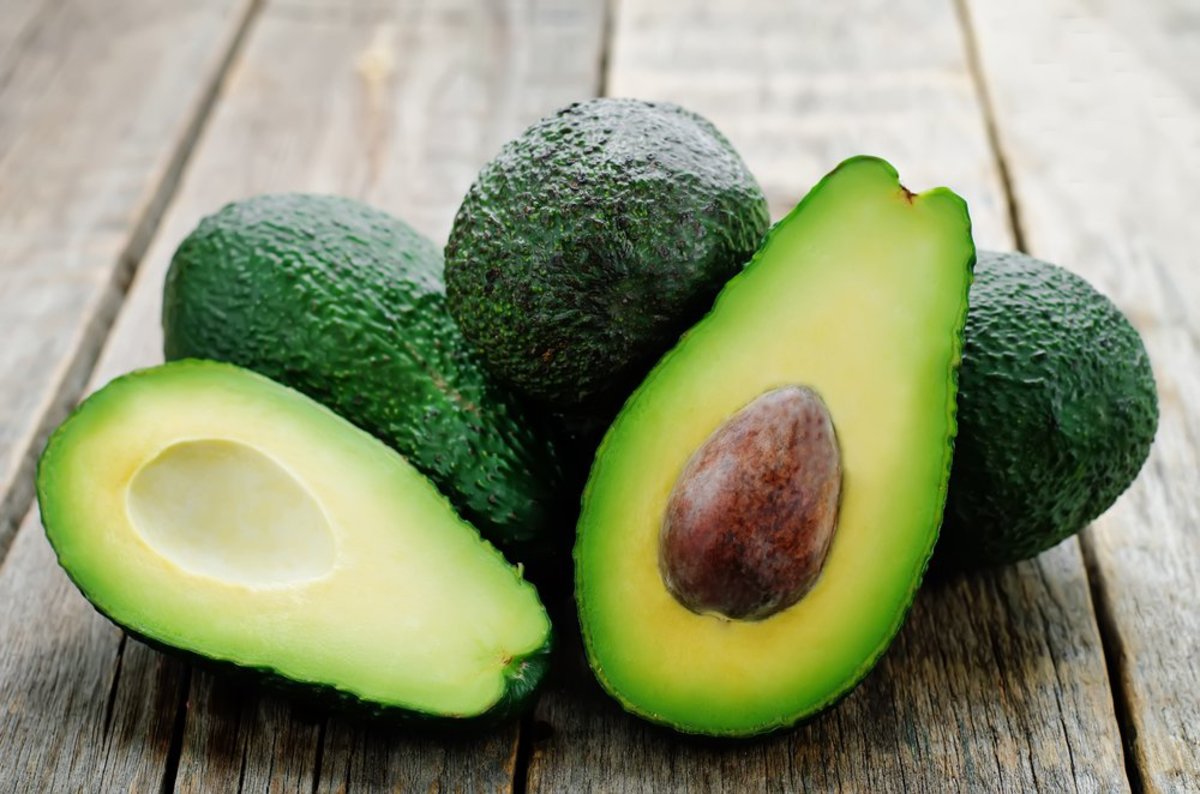Avocados are perfect if you’re looking for a nutritious fruit that isn’t a candy bar. This delicious food is a good source of vitamins, minerals, and fiber.
It is also high in monounsaturated fats, which help lower LDL cholesterol and triglycerides. Moreover, avocados are rich in Vitamin C and potassium, which can help reduce blood pressure and improve heart health.
It’s a Nutrient Booster
Avocados are nutritional boosters with a variety of health benefits. They are rich in healthy fatty acids, antioxidants, and essential nutrients like potassium, folate, fiber, and vitamin C that help to keep your body healthy.
They also contain monounsaturated fat, which is essential for a healthier heart. Moreover, they are high in fiber, which helps to maintain blood pressure levels.
A recent study shows that regular consumption of avocados can reduce the risk of cardiovascular disease. Among avocado nutrition facts this fruit contains healthy monounsaturated and polyunsaturated fat, fiber, vitamin E, and magnesium.
It’s a Heart-Healthy Food
One of the healthiest fruits you can eat, avocados are also heart-healthy because they contain high levels of monounsaturated fat (good fat). This type of fat is known to reduce cholesterol levels and may even help lower blood pressure.
In addition, consuming avocados as part of a diet low in saturated fat, sodium, and sugar can improve the body’s overall health. It helps to maintain healthy blood lipid profiles, enhances the bioavailability of fat-soluble vitamins and phytochemicals, and protects against heart disease.
Replacing half a serving of butter or cheese with avocado can lower your risk of developing heart disease by up to 22%. In addition, eating avocado daily as part of a moderate-fat diet can reduce bad cholesterol in overweight or obese adults, according to new research published in the Journal of the American Heart Association.
It’s a Nutrient Booster for Babies
Avocados contain good fat, nutrients, and antioxidants that help babies grow healthy. They also help prevent anemia in infants.
They are rich in folate, potassium, vitamin C, B vitamins, and monounsaturated fatty acids that promote heart health. In addition, they are loaded with antioxidants such as lutein and zeaxanthin that protect eyesight and reduce inflammation in the body.
Avocados are a good choice for the first complementary foods offered to babies during their transition to solid foods. They are nutrient-dense and naturally soft-textured, which makes them easy to chew and digest.
It’s a Nutrient Booster for Adults
The nutrient density of avocados is for more than just growing kids and teens. It’s also for health-minded adults who want to control heart disease and diabetes.
The average avocado provides about 20 essential nutrients, including folate for healthy cells, vitamin K for blood clotting and bone health, potassium for muscle functioning and nerve function, and calcium for bone strength.
It’s also rich in antioxidants like lutein, zeaxanthin, and beta-carotene, which help improve vision and protect against age-related macular degeneration and cataracts. It’s also a great source of healthy fats, which can reverse insulin resistance and support blood sugar levels.
It’s a Nutrient Booster for Seniors
A diet filled with nutrient-rich food is a crucial component of maintaining healthy aging. Vitamins and minerals boost energy levels and keep solid and lean muscles and bones.
Avocados are a good potassium and vitamin E source, critical for reducing joint pain. They also contain monounsaturated fats, which can help lower blood pressure and raise HDL (the “good”) cholesterol.
Seniors can eat the fruit in any form: mashed, on toast, salads, or a smoothie. A 3.5-ounce serving of avocados packs 14% of the daily recommendation for potassium.
They also are a good source of lutein, which improves eye health and is linked to better memory in seniors. Lutein is also a powerful antioxidant that fights age-related macular degeneration and cataracts.







